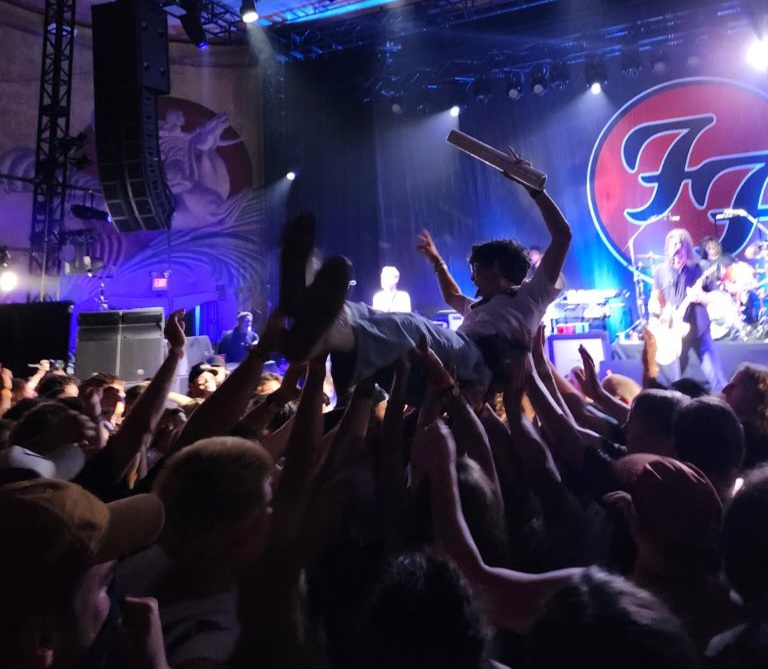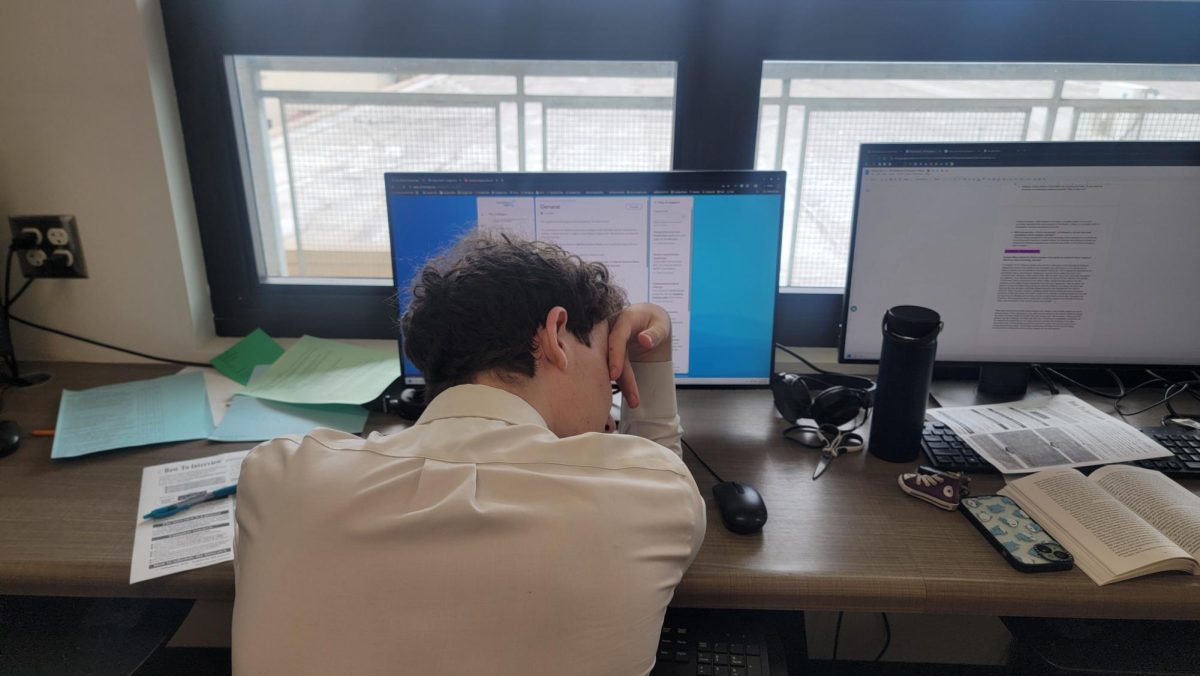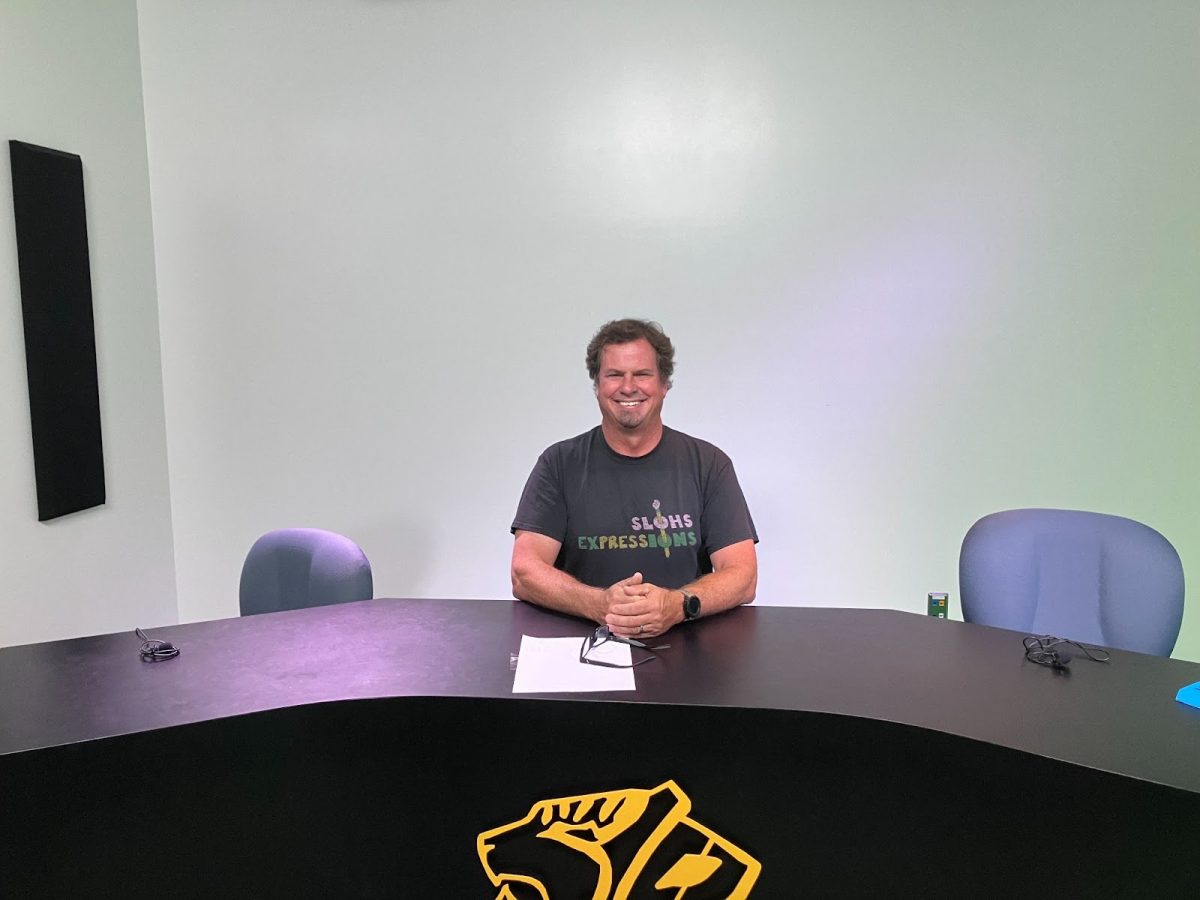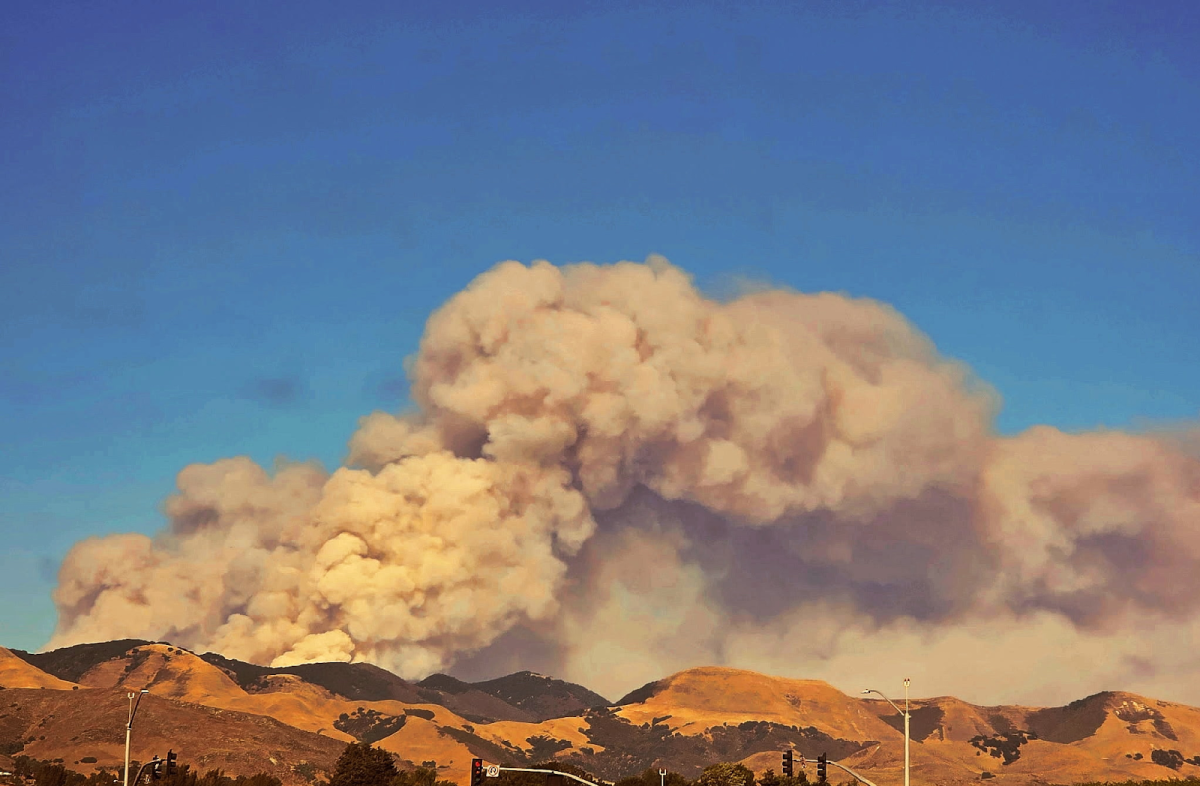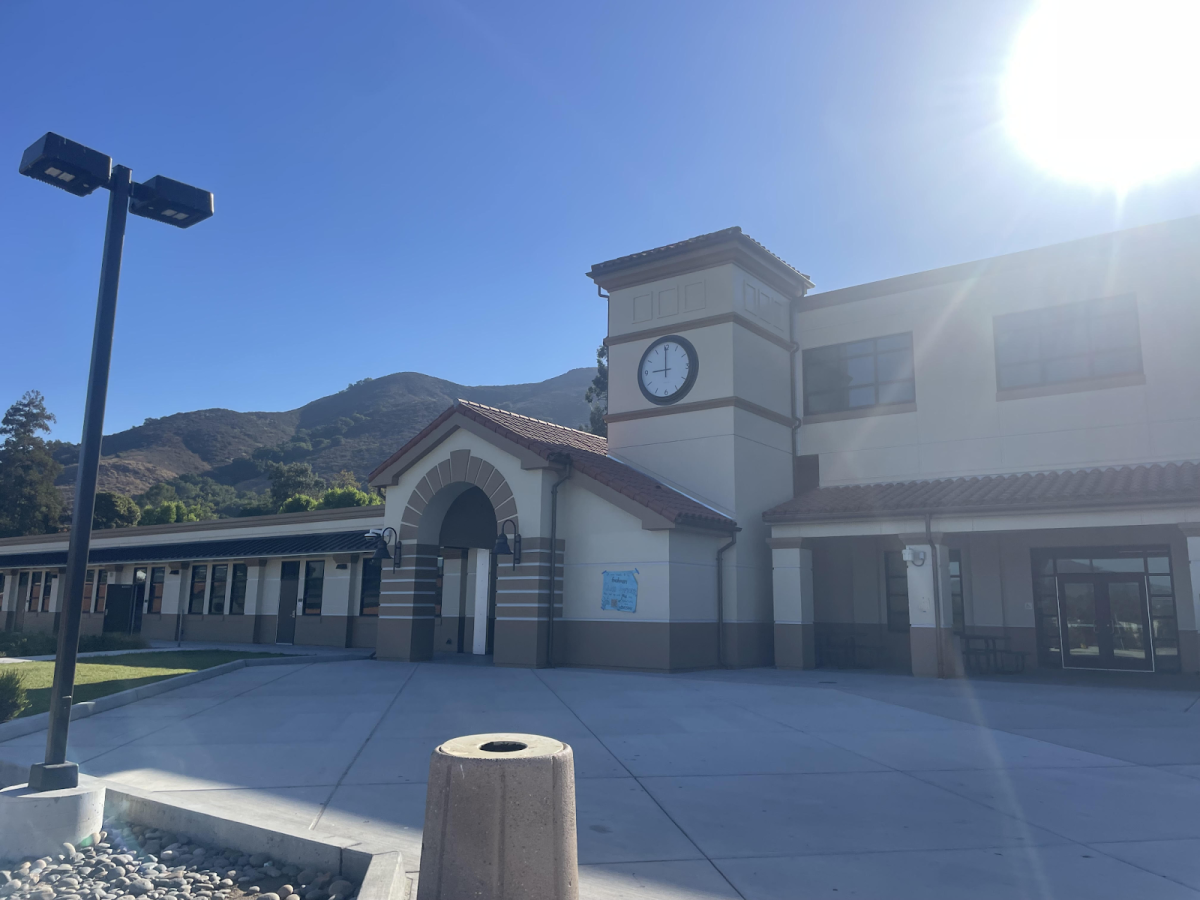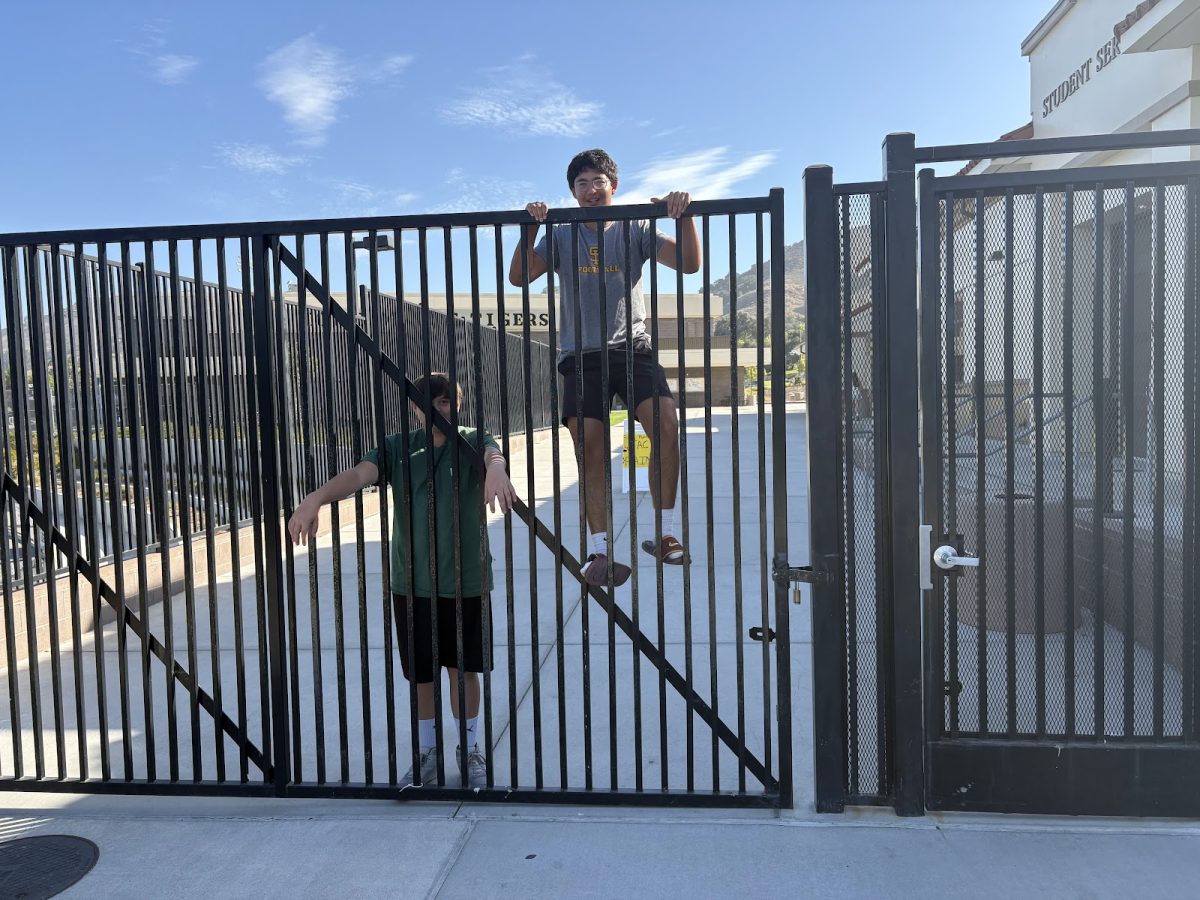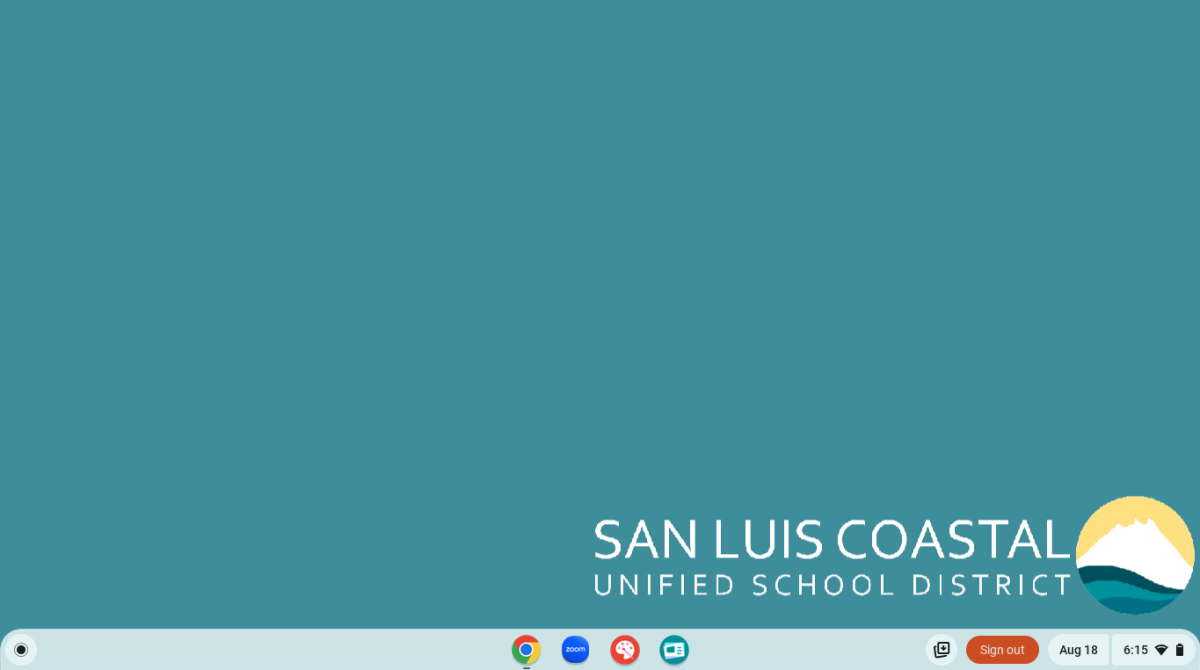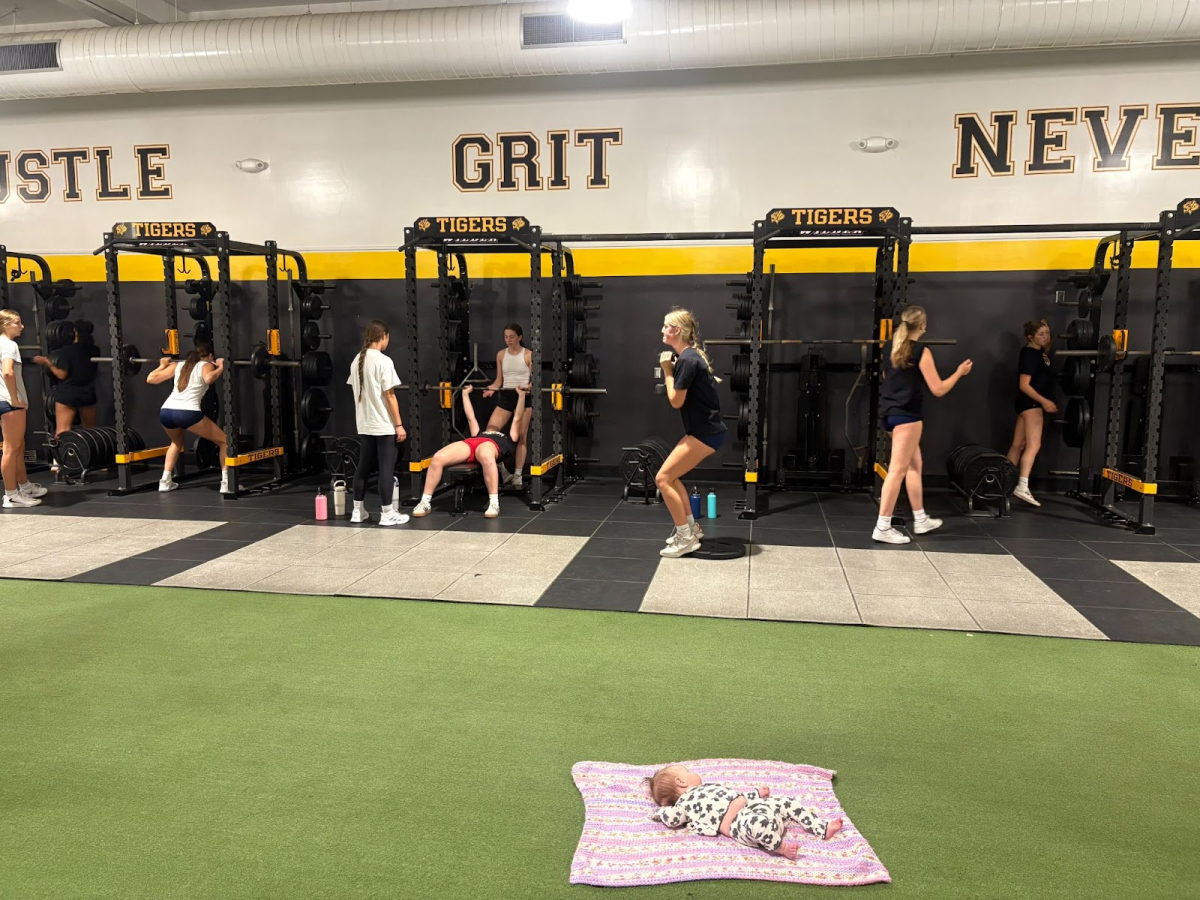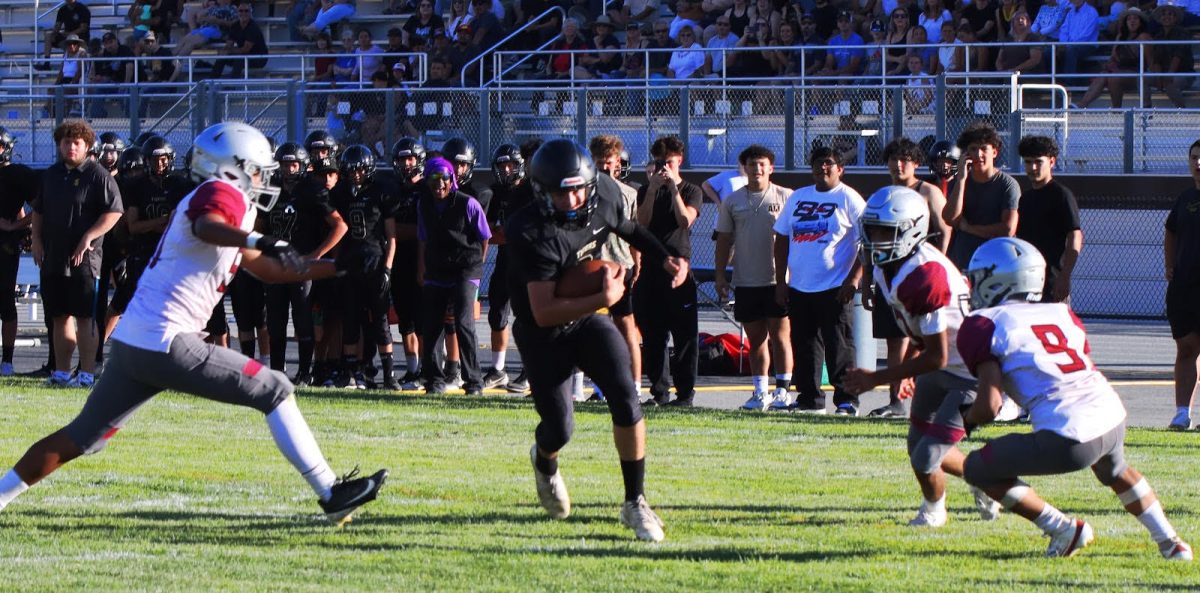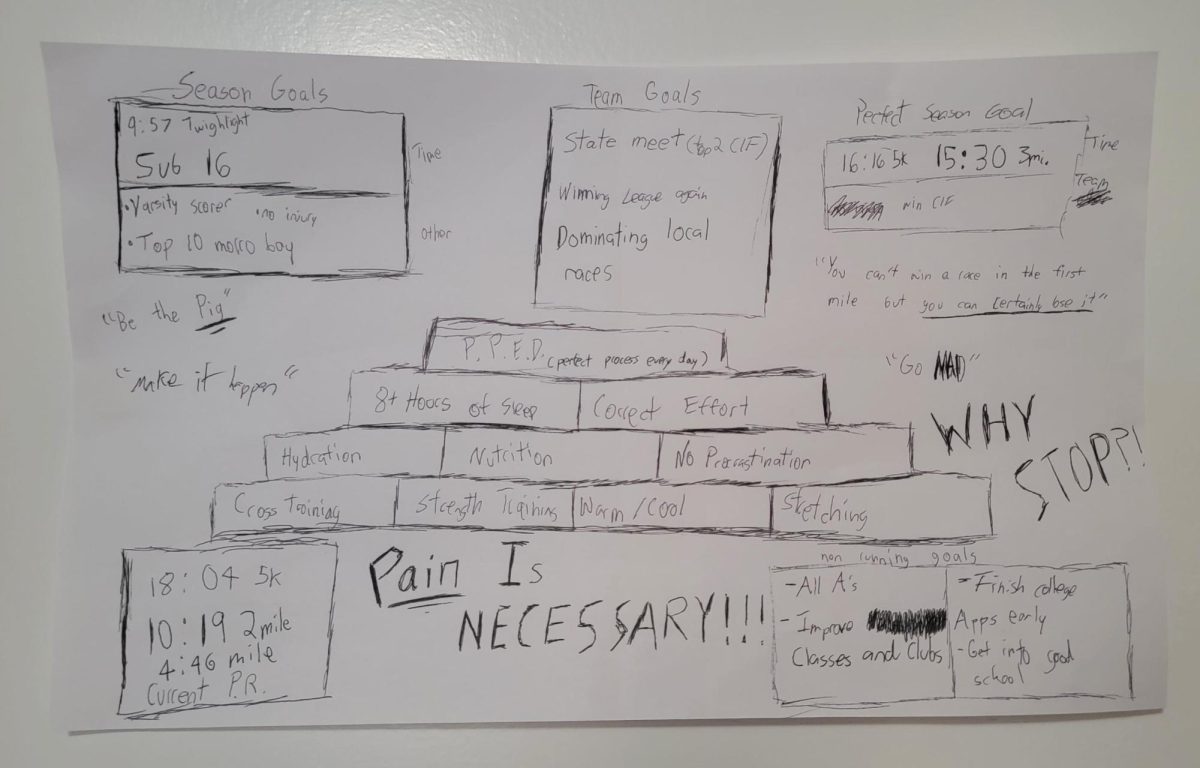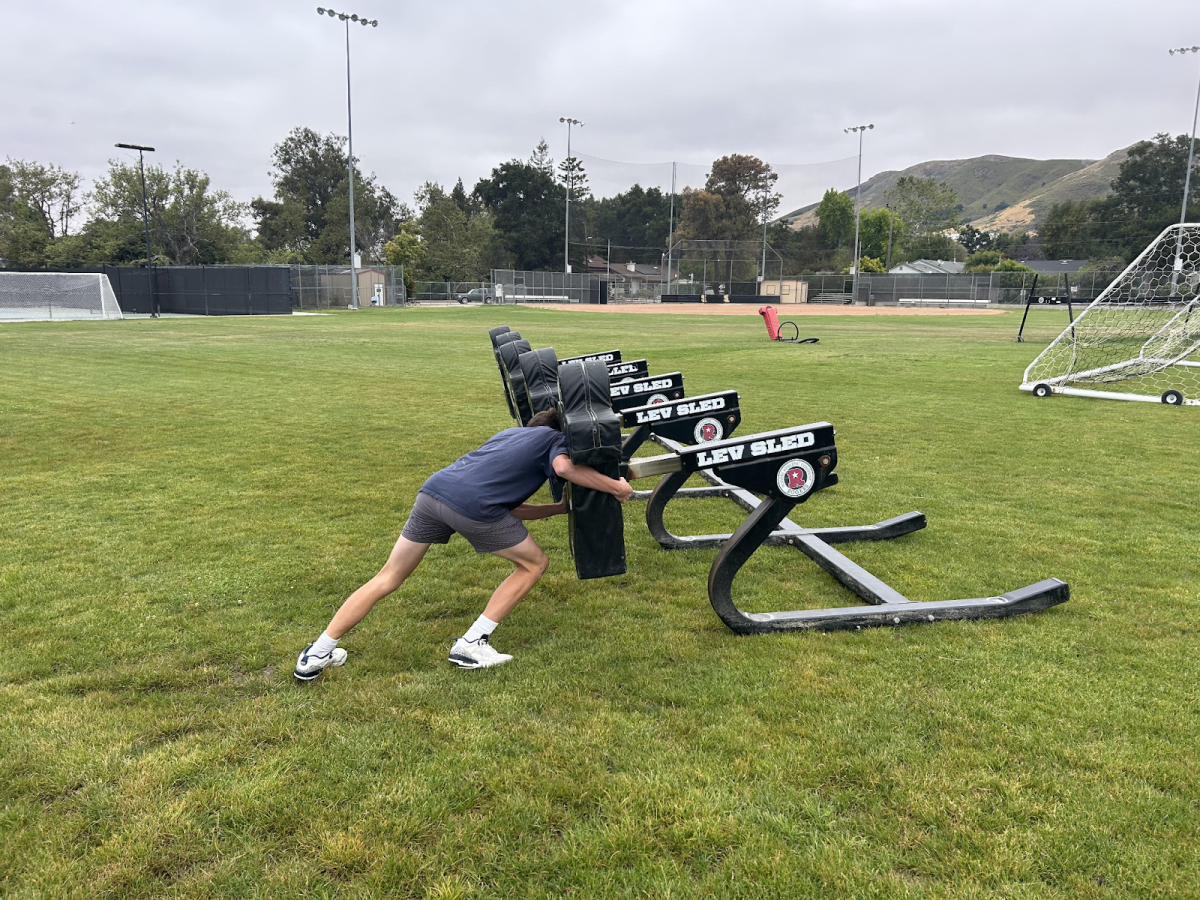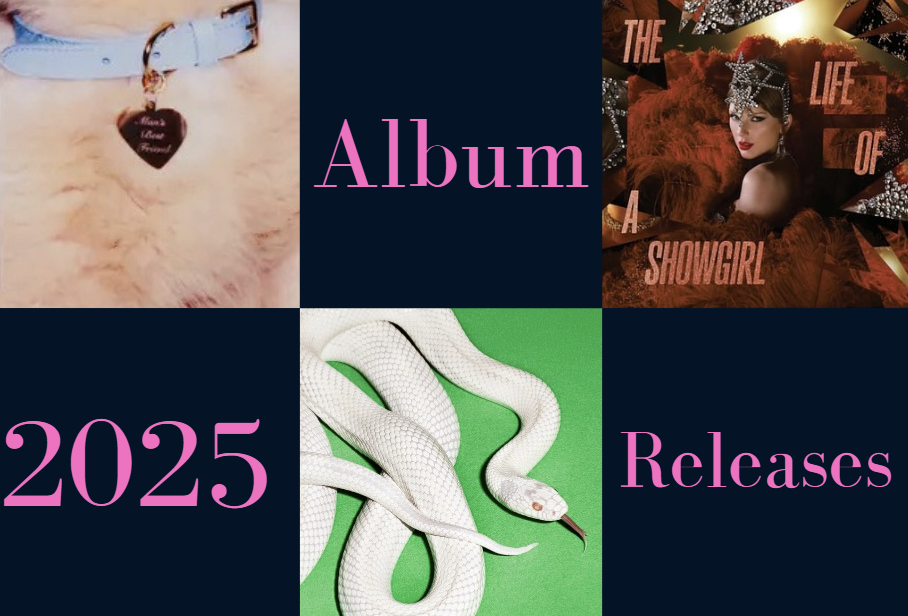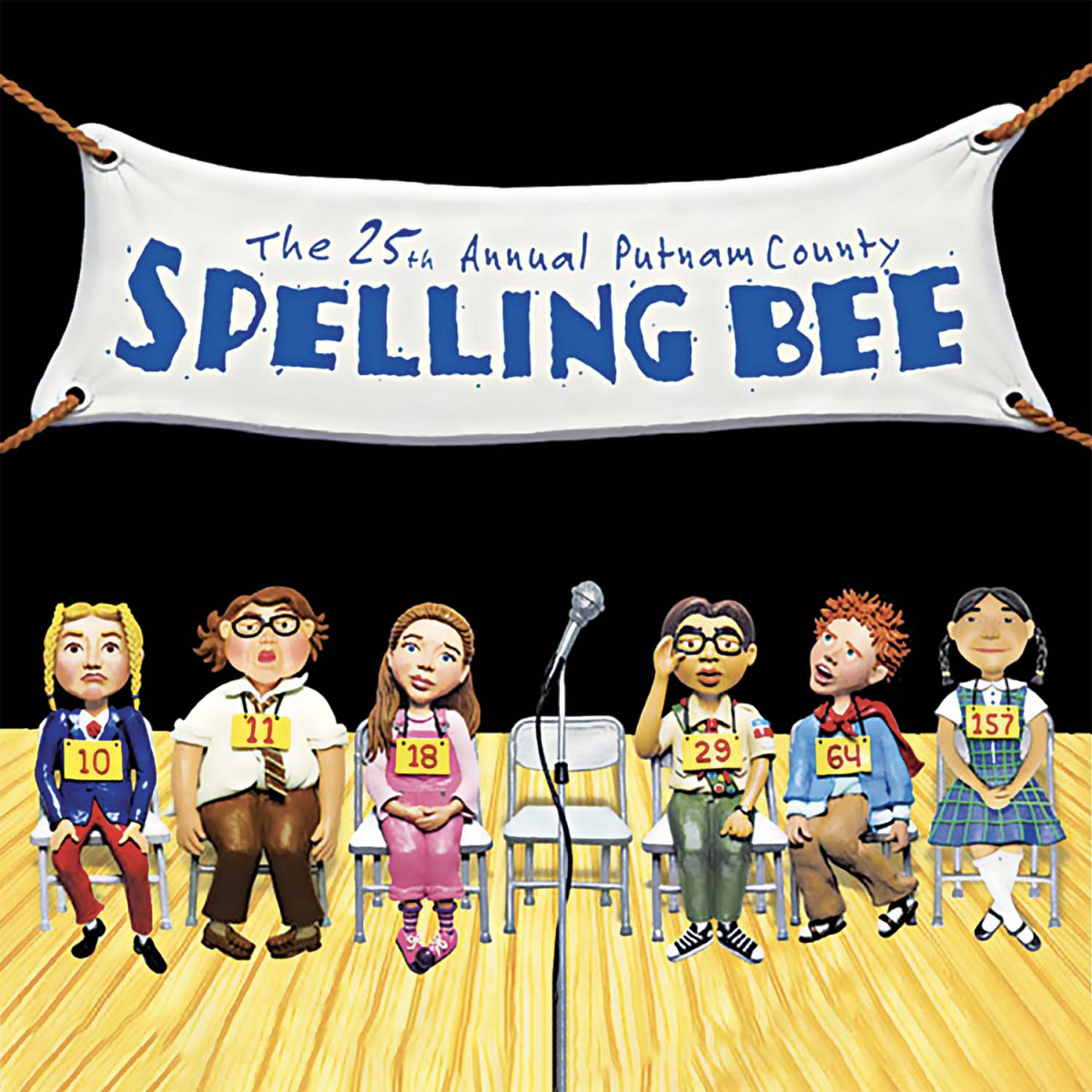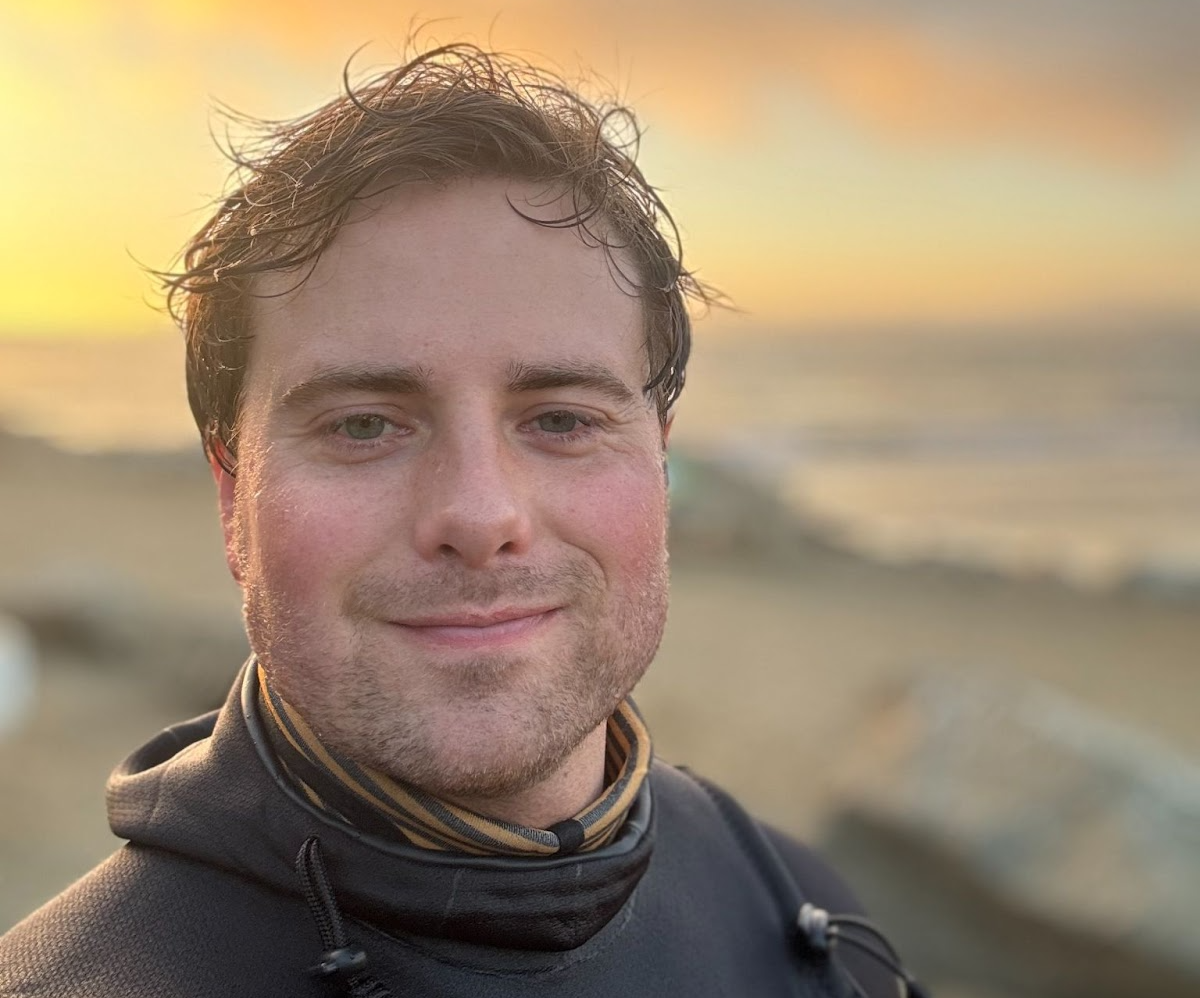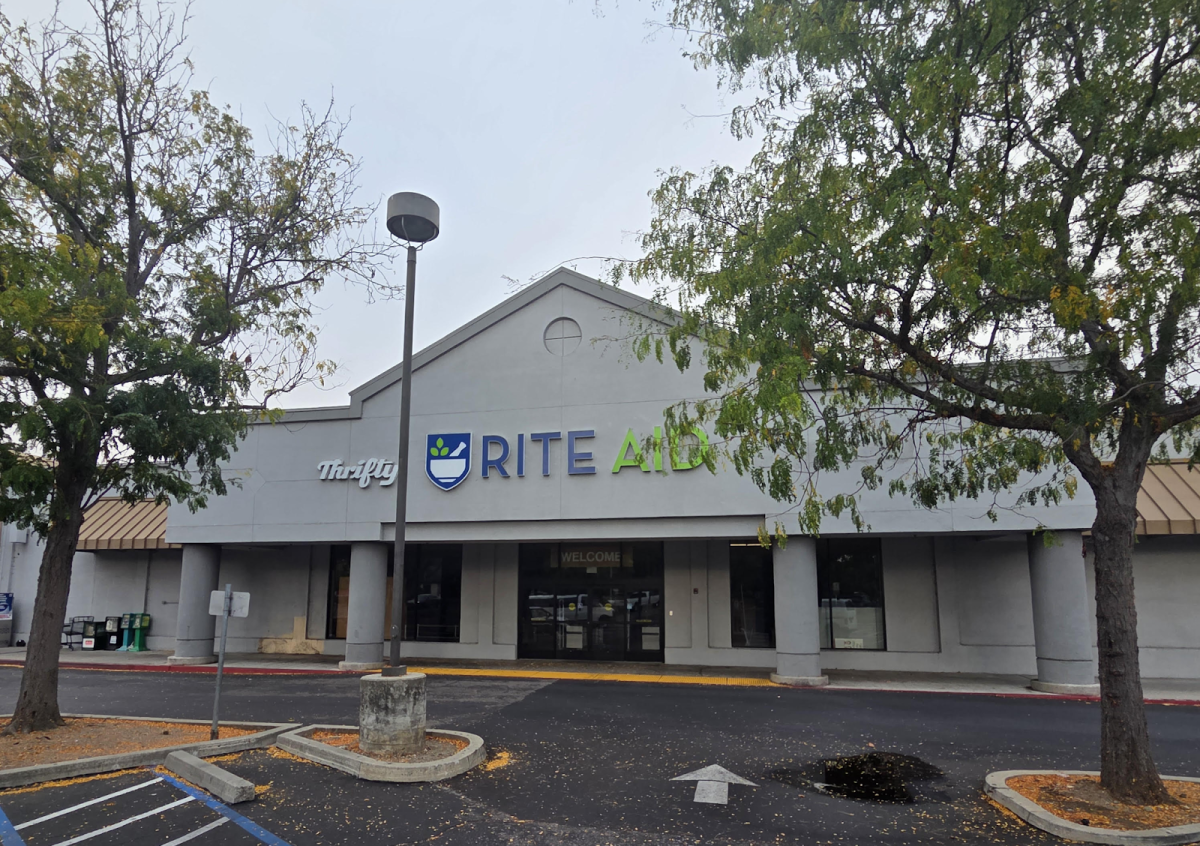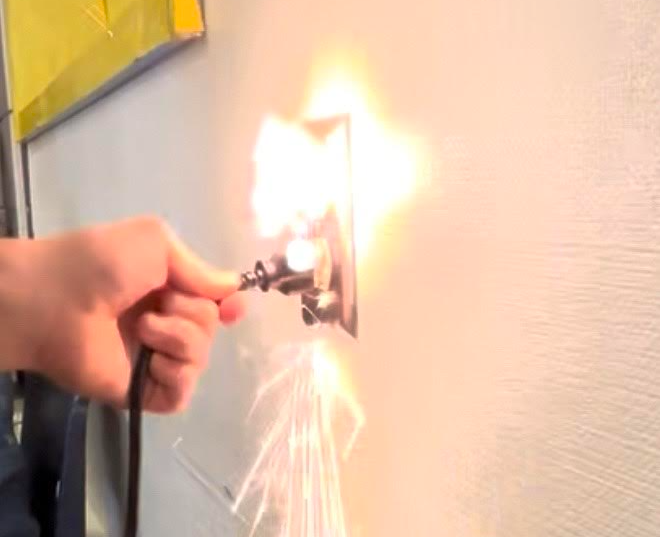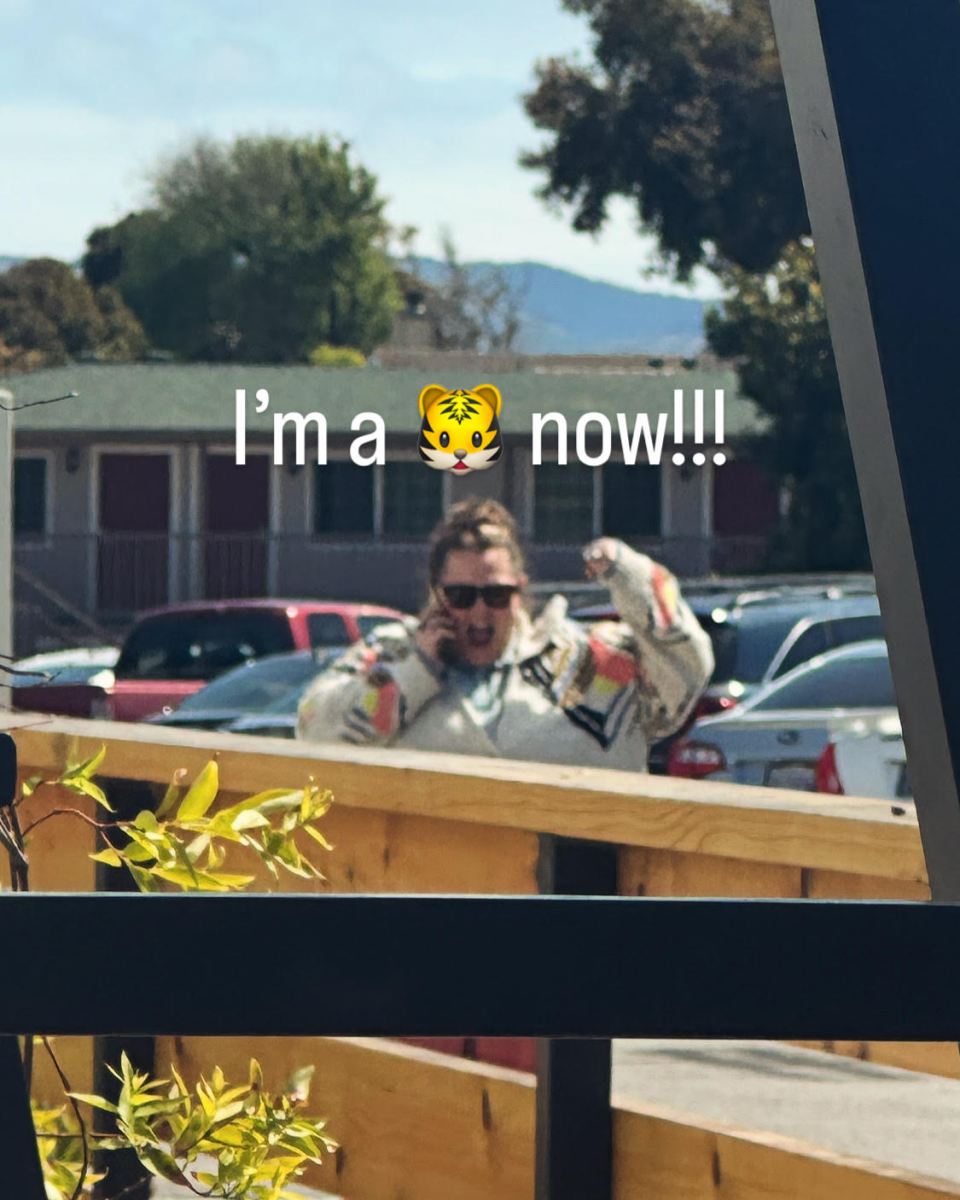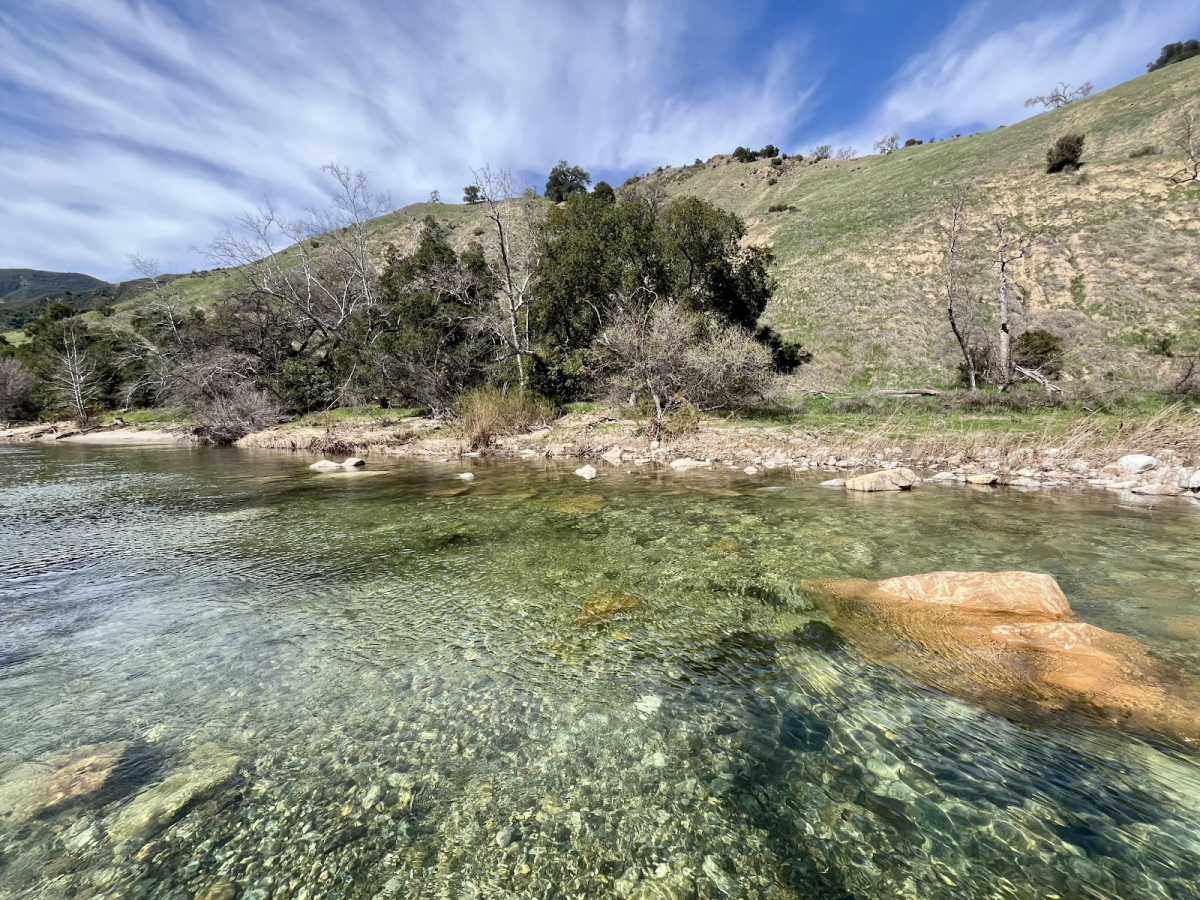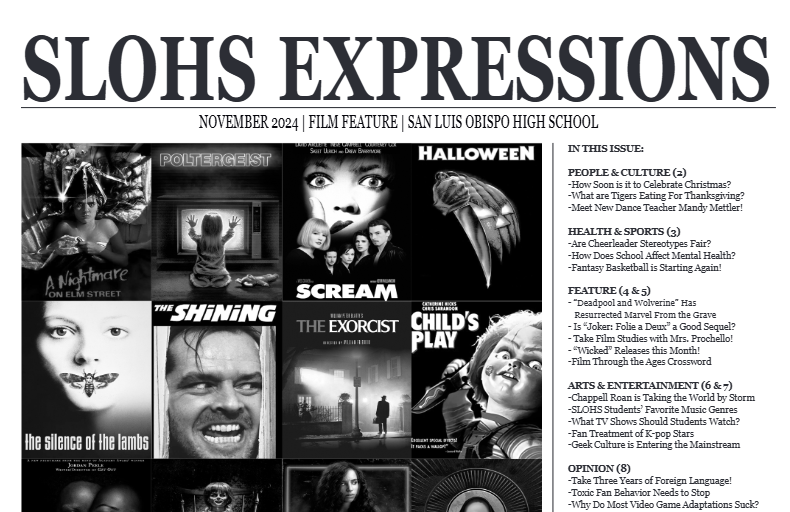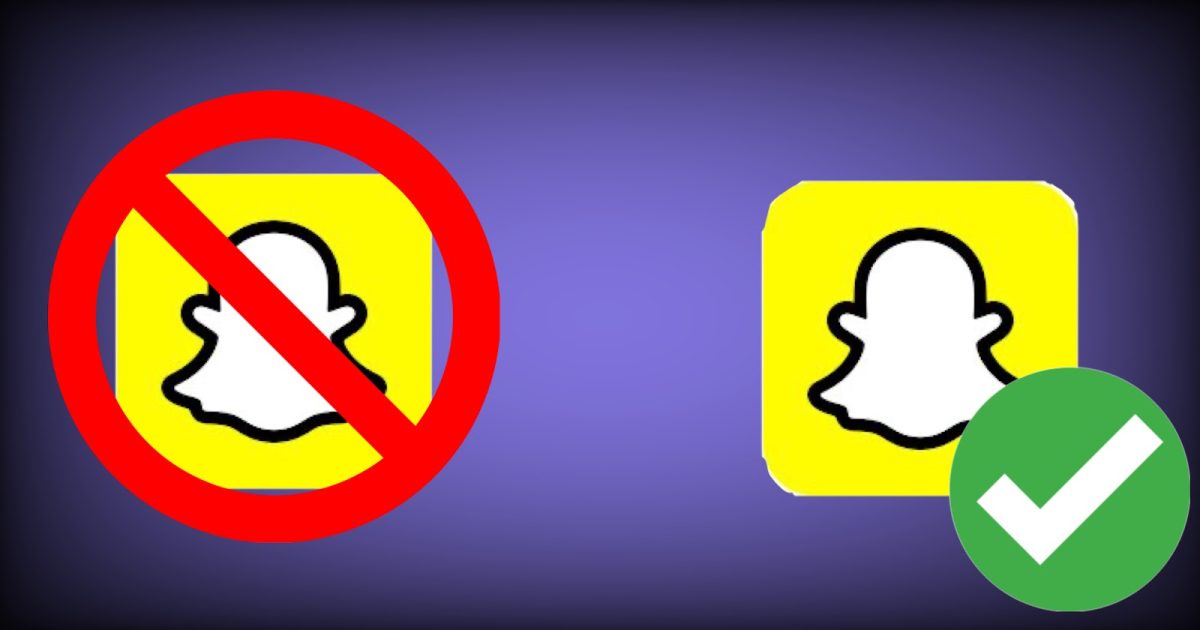The internet of the past: going, going, gone. GIF courtesy of senior Hunter Temple.
The internet is slowly dying, and taking all of its information along with it. You, me, and everyone else who has ever used the internet or will use the internet in the years to come both at San Luis Obispo High School and in the world at large stands to be disadvantaged by this loss.
And it will only get worse unless we do something about it.
There are many different components to information loss on the internet.
The first of these and one of the most ubiquitous is Link Rot. Link Rot is the phenomenon where old internet hyperlinks break or deteriorate over time meaning that the page they originally link to is no longer accessible.
This can be caused by many issues including domain expiration, server issues, or content removal/migration. This can cause a plethora of issues but the most pressing relate to checking the credibility of sources being cited in a given article/piece. If links to crucial evidence, information or instructions in articles, papers, legal documents or medical forms are missing this can pose a massive problem.
According to The Journal of the Association for Information Science and Technology, only a measly twenty links out of a pool of 360 survived the jump from 1995 to 2016. In the span of only twenty years, millions and millions of pages were lost and that number will only continue to grow exponentially as our use of the internet continues to expand.
This affects everyone but especially us as students and teachers. We cannot and should not use information from works in our research process if we cannot access their sources and confirm their credibility.
A related phenomenon is Content Drift. Content Drift occurs when a linked page is still accessible but its original contents have been altered or modified. This is so common and often happens in such small incremental steps that it is almost impossible to measure properly.
It is a feature, not a bug of the internet, the ability to instantaneously edit your page to your liking. And while this obviously provides us with many opportunities it also makes it hard to ensure that necessary information is still readily accessible.
The third problem is perhaps the hardest to solve because it is built on an idea that is the foundation of the modern corporate entity. And that is Corporate Negligence and Copyright Law. Copyright law is, in concept, a good idea. But in current practice it stifles creativity and facilitates gatekeeping and eventually the loss of information.
Within our current system it is completely legal for the copyright holder to maintain the rights to a piece of media without making it available through any official channel and prosecuting any who attempt to produce said media through unofficial means.
“Certain TV shows or movies or other media that’s digital only. It’s not possible to see it or view it anywhere because whoever produced it or sold it took it off the air, and now you cannot find anywhere other than either through an archive or illegally pirating it,” said Meeks.
And although this copyright does eventually expire there isn’t any guarantee that the media will survive to become public domain, famously the BBC would tape over episodes of much beloved television programs with sports programmes to save money on buying new tape.
Even shows now considered classics like “Doctor Who” and “Monty Python’s Flying Circus” were not safe from this practice with the former losing nearly three hundred original tapings with only some later recordings surviving and the latter only surviving due to quick action by the comedy troupe’s members.
This practice has continued into the digital age with no sign of stopping any time soon. On June 24, 2024, the MTV video archives consisting of nearly three decades of music and culture journalism was wiped from the face of the internet without warning. Incidents like this are a cause for concern to many in the field such as SLOHS digital media teacher Zach Roper.
“I worry about single corporate entities or government agencies being the only archivists because they can make ‘unfavorable’ content disappear. By having multiple libraries scattered around the globe we can ensure that true copies remain,” said Roper.
Direct and pointed destruction is not the only consideration.
Analog mediums and even older digital mediums degrade over time and we need to be diligent in our efforts to make sure they are preserved.
So, now what? In the face of all of these challenges how do we protect and preserve the wealth of information and culture we have accrued?
Well, It turns out there are some things that can be done, whenever new legislation on copyright or the internet are being proposed, read up on them and vote for the preservation of culture. Spread the word to others, write to your congressman or senator. Continue to research new, more stable and more efficient forms of storage. And when you can, donate to organizations like the Internet Archive and to resources like Wikipedia so that they can continue their work and maintain their servers.
As Meeks puts it, “digital media is becoming extinct” and it’s up to all of us to save it.
Sources: techtarget.com, sketchplanations.com, theatlantic.com, wired.com, mentalfloss.com, usatoday.com

